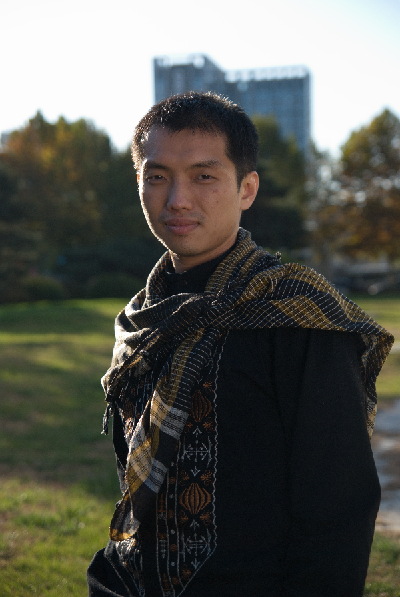 |
|
Indonesian Sinologist Agustinus Wibowo. [Photo provided to China Daily] |
The Silk Road Economic Belt and the 21st Century Maritime Silk Road initiatives, also known as "One Belt, One Road"(OBOR), were first introduced by Chinese President Xi Jinping in September and October 2013, respectively. As a development strategy that involved Asian, African and European countries, it attracts attention from both home and abroad.
With the 2008 aftermath of the economic crisis still haunting some parts of the world, the OBOR initiative, aimed at maintaining the global free trade system and an open economy, was put forwarded to promote the free flow of production factors of all countries and deepen regional cooperation on a larger scale.
In this ongoing series – China's OBOR in the eyes of Sinologists – we asked Indonesian Sinologist Agustinus Wibowo to comment on the issue during his trip to Beijing this month to attend the third Visiting Program for Young Sinologists.
Wibowo is an Indonesian travel writer and photographer of Chinese descent who grew up in East Java and lived in China. His 10 years' experience as a photojournalist has brought him to the Himalayas, the borderlands of Central Asian republics and the deepest corners of Afghanistan. He has participated in the Young Sinologist Program twice; currently he is studying at the Chinese Academy of Social Sciences on the Maritime Silk Road and its influences on cultural dissemination.
Below are all the questions and answers of the interview.
Related Stories